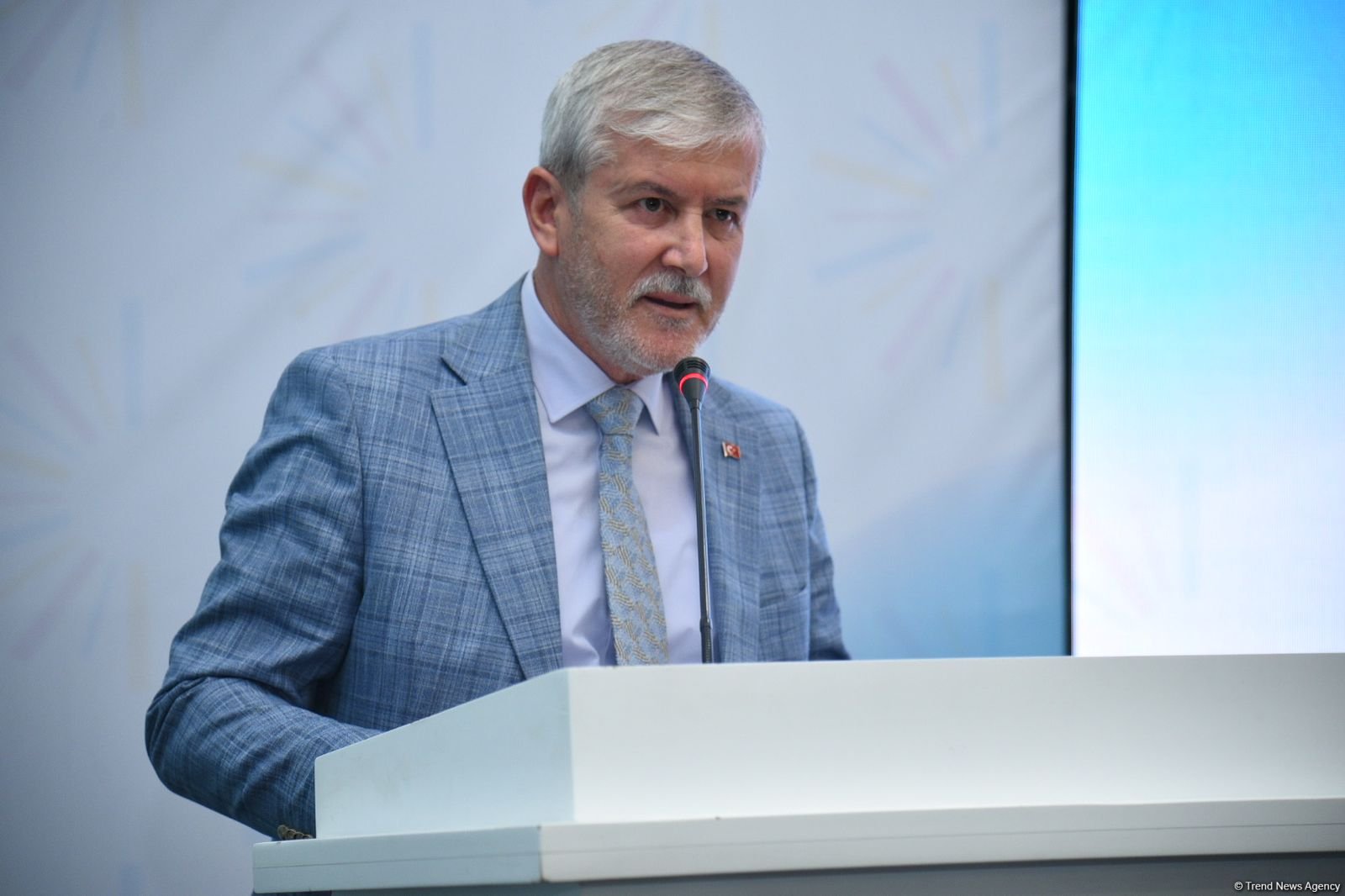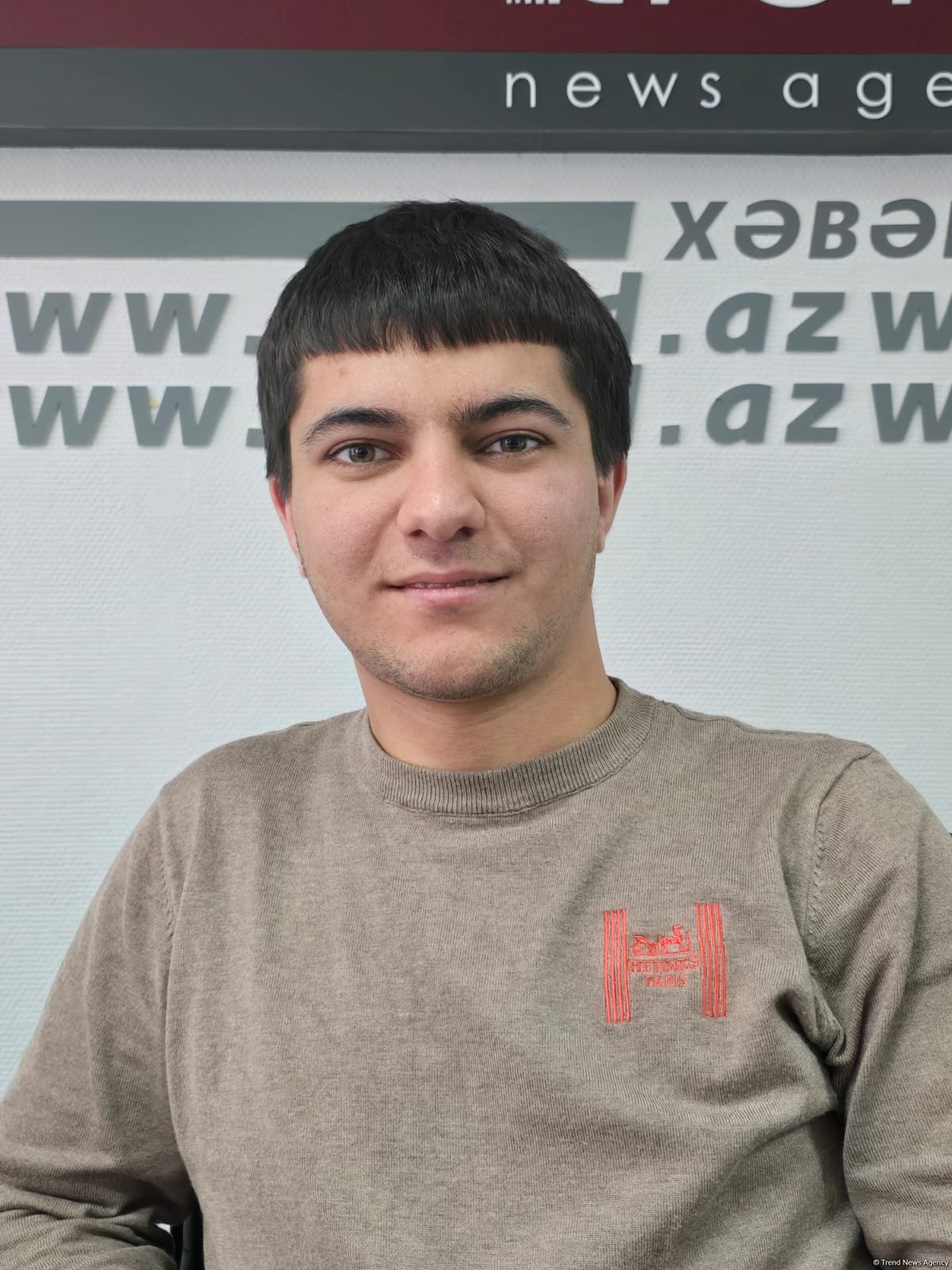BAKU, Azerbaijan, October 30. Since the establishment of the Turkic Council, trade volume has risen significantly, reaching $53 billion in 2024, which, while an impressive increase, is still insufficient, said Halit Kanak, President of the Turkish World Solidarity and Cooperation Association, Trend reports.
In his speech at the Eurasian Franchise Forum in Baku, Kanak noted that just a decade ago, trade between Turkic countries was around $10 billion.
"With a combined population of 350 million, including citizens from Russia, China, Afghanistan, Pakistan, Iran, the Balkans, the Middle East, Eastern Europe, North Africa, and Southeast Asia, the Turkic states' internal trade volume should reach at least $400 billion. We believe that achieving this goal is well within reach, given the current potential," he stressed.
Kanak provided a breakdown of the 2024 imports from Turkic Council countries, including Azerbaijan ($21 billion), Uzbekistan ($56 billion), Kazakhstan ($60 billion), Kyrgyzstan ($12 billion), Türkiye ($344 billion), Turkmenistan ($4 billion), Hungary ($152 billion), and the Turkish Republic of Northern Cyprus ($2.8 billion). Despite a total import value of $656 billion, only $53 billion of this trade occurs between Turkic states—a figure he called "unacceptably low."
To increase this trade volume, Kanak stressed the importance of strengthening unity among Turkic nations.
"We must lay a solid foundation for social, political, cultural, and, most importantly, economic integration. I urge businessmen and industrialists across our brotherly countries, particularly in Türkiye, to first seek out the products they need from companies within the Turkish-speaking world. If those products aren’t available, then consider looking elsewhere, but let us be your first choice," he added.
This approach, he argued, would not only boost internal trade but also enhance cooperation across all corners of the Turkic world. Kanak highlighted the need for organizing trade forums, economic congresses, and other initiatives to foster closer economic ties, mentioning institutions like DEIK (Foreign Economic Relations Board) and the World Economic Business Council in Türkiye, as well as similar organizations in other Turkic states.
The overarching objective of these strategic initiatives, Kanak articulated, is to catalyze economic advancement, amplify trade synergies, and foster greater cohesion among Turkic nations.
Stay up-to-date with more news on Trend News Agency's WhatsApp channel







